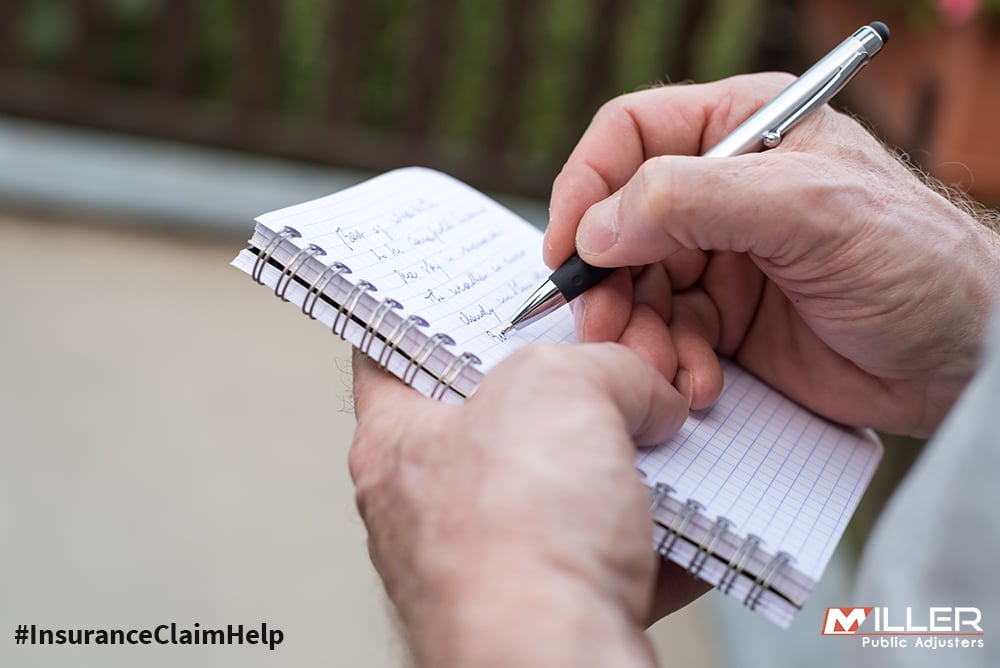
If you’re a property manager, real estate developer, attorney or commercial property owner, dealing with a rental property fire claim can be overwhelming. So can navigating the claims process with your insurance company. But knowing what to do in that process and when will surely help ease some stress. Here are some of the things you need to address as a landlord when there is a rental property fire claim.
To do immediately:
After making sure your tenants are well and safe, call or email your insurance agent immediately to report the fire and begin the rental property fire claim process. Get any information you can from tenants about the start or cause of the fire, and make sure they contact their own personal insurance agents, their renters’ insurance provider (if different), and any community organizations they may need to reach out to for food, temporary housing, and other resources.
Once the fire officer has deemed the property safe, you and the tenant(s) can walk through the property to assess damage and allow tenants to gather and inventory their personal belongings.
In the days after the fire:
Photograph all damage to every structure. As the landlord, you’re ultimately responsible for the repairs needed after a fire. But that doesn’t mean you need to pay for everything. Your landlord’s homeowners’ insurance will help to defray many of those costs.
The tenant is only responsible for replacing his/her own lost or damaged property – unless it can be proven that their actions or neglect caused the fire. Typically, your insurance agent and the tenant’s agent will work together to determine who is responsible for which specific damages.
Putting the fire out and cleaning up the property are just the beginning. You’ll want to ensure that anyone working with you on inspections (engineers, restoration company or fire officers) check for hidden damages including smoke/soot and water damage.
The best tip we can offer is to be proactive before a fire. There’s nothing you can do to guarantee a fire will never happen, but you can do everything you can to familiarize yourself with your insurance policy and encourage your tenants to do the same. You can also make sure your property is well protected against fire, and that your tenants are familiar with good fire safety practices.
It’s a large undertaking, and not many property owners are up to the task. Or they think they are and badly mishandle the process, leading to a claim settlement less than it could have been. A public adjuster can serve as the expert in making sure all the bases are covered during the rental property fire claim process. Contact Miller Public Adjusters and see how we can help you resolve your claim expediently and equitably.
.png?width=190&height=55&name=MPA%20Logo%20Vector%20-%20Original%20(3).png)

.webp?width=331&height=382&name=ResourcesCTA-Fin-001%20(1).webp)



